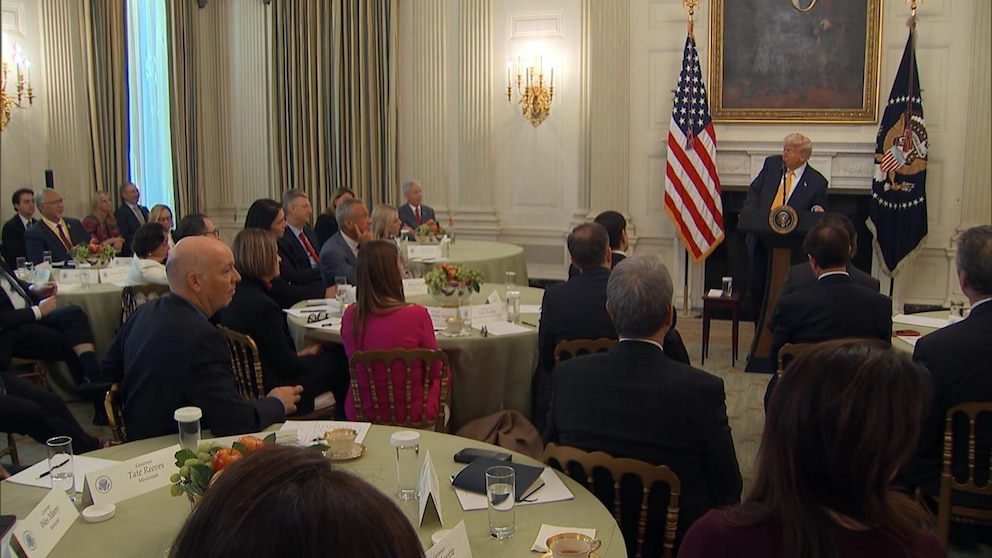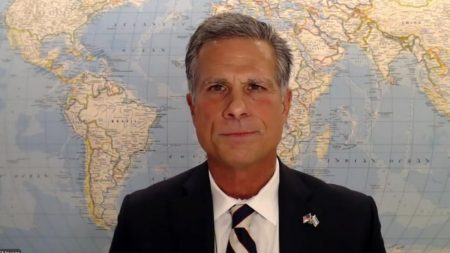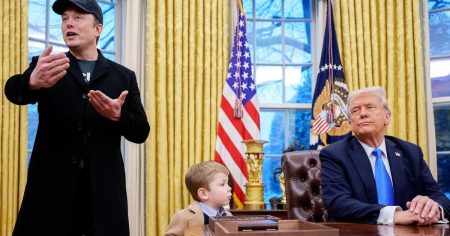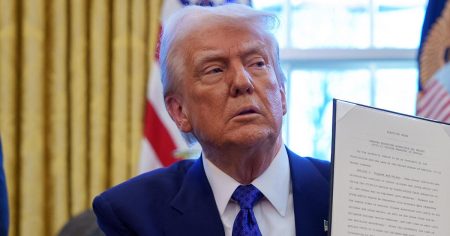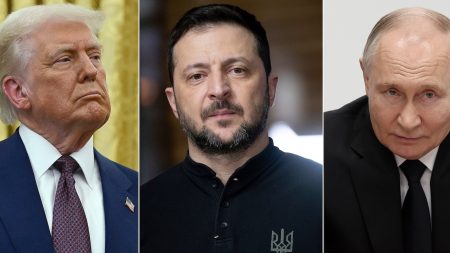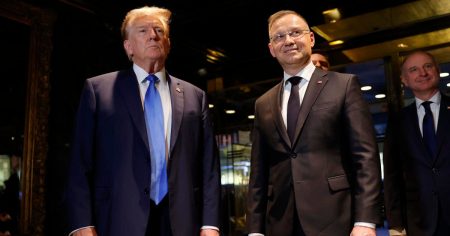Setting the Stage: A Tense Exchange at the White House
On February 21, 2025, a significant event unfolded at the White House, marking a heated encounter between President Donald Trump and Maine’s Democratic Governor, Janet Mills. The focal point of their exchange was an executive order signed by President Trump, which effectively banned transgender athletes from participating in women’s sports. This meeting not only highlighted the deep-seated divisions surrounding this issue but also brought to the forefront the broader debate on gender identity, sports participation, and the role of government in such matters.
The Broader Debate: Sports, Gender, and Identity
The debate over transgender athletes in women’s sports is complex, touching on issues of fairness, inclusion, and human rights. Proponents of restrictions, like President Trump, argue that allowing transgender women to compete in female categories could create an unfair advantage, potentially undermining the integrity of women’s sports. On the other hand, advocates for inclusion emphasize the importance of respecting gender identity and ensuring that all individuals, regardless of their gender expression, have equal opportunities to participate in sports.
Implications of the Executive Order: A Polarizing Policy
President Trump’s executive order has been met with both support and criticism. Supporters view it as a necessary step to protect women’s sports, ensuring that female athletes can compete on a level playing field. Critics, however, argue that the order discriminates against transgender individuals, denying them their right to participate in sports consistent with their gender identity. The order has also sparked legal debates, with questions raised about whether it violates Title IX protections, which prohibit discrimination based on sex in federally funded education programs, including sports.
Reactions and Responses: A Divided Nation
The reaction to the executive order has been sharply divided. Liberals and civil rights organizations have condemned the move, labeling it as discriminatory and an attack on transgender rights. Conservative groups and some sports organizations have come out in support, framing the issue as one of fairness and the need to maintain the integrity of women’s sports. The exchange between President Trump and Governor Mills at the White House event epitomizes this divide, with each side firmly entrenched in their position.
The Path Forward: Navigating a Complex Issue
As the debate continues, the path forward remains uncertain. Some states have already passed legislation restricting transgender athletes’ participation in women’s sports, while others have taken steps to ensure inclusion. The executive order adds another layer to this complex issue, with potential legal challenges and ongoing discussions about how to balance fairness and inclusion in sports.
Conclusion: A Reflection of Societal Divisions
The exchange between President Trump and Governor Mills highlights the deep societal divisions surrounding issues of gender identity and sports participation. The debate is not merely about sports; it reflects broader societal attitudes toward gender, equality, and individual rights. While the executive order has added fuel to the fire, the underlying issues will likely continue to shape conversations in the years to come. The challenge for policymakers, educators, and society at large will be to find a balance that respects the rights of all individuals while ensuring fair competition in sports.





